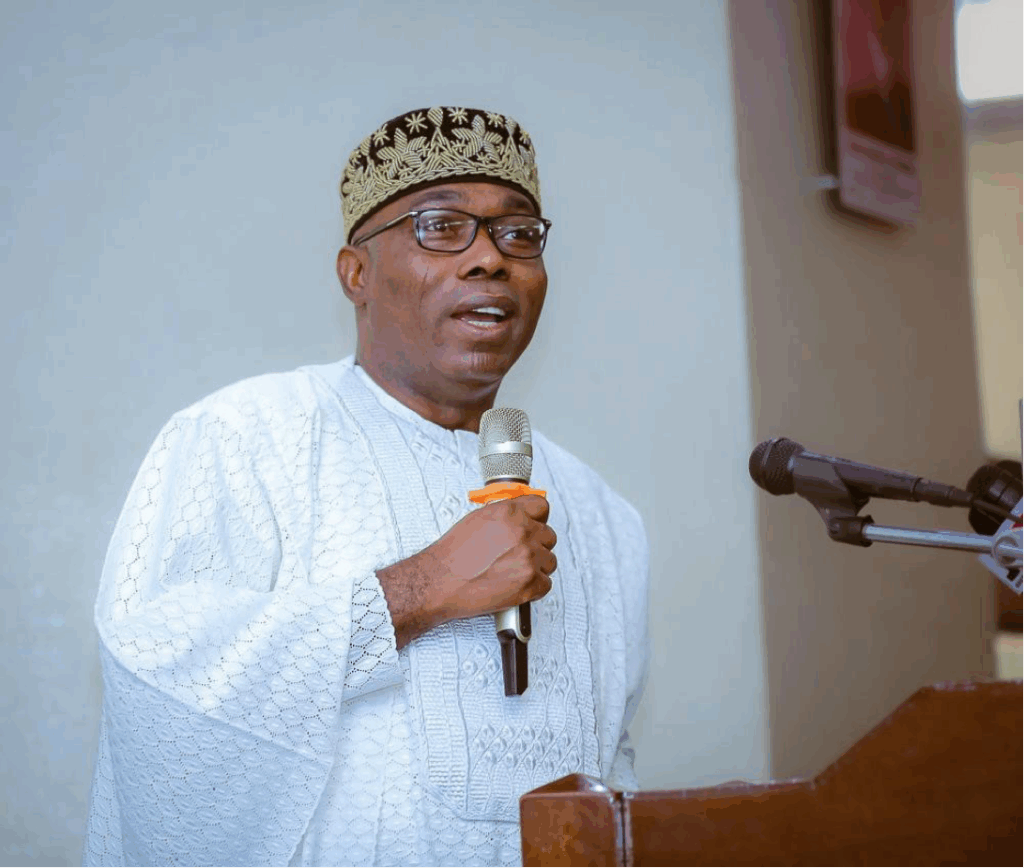Leader of the Social Democratic Party (SDP), Adewole Adebayo, has said that Nigeria’s problems are basic and can be resolved within four years, lamenting that many Nigerians wrongly equate politics with governance.
In a statement, Adebayo stressed that while politics and governance are often intertwined, they are fundamentally different.
He noted that one could be skilled in political maneuvering yet fail entirely in governance.
“If governance fails, everything crumbles. Politics and governance are two separate things. There are people who may not be politically savvy but are excellent in governance,” he said.
Using Lagos as an example, Adebayo recalled that the city once had the cleanest and safest water among English-speaking countries — not due to politics, but effective governance.
“If you read colonial journals, they advised travelers from London not to worry about water safety. Once in Lagos, you could drink water from any fountain. That was governance at work, not politics,” he said.
He explained that the people behind such achievements were professionals, not politicians. “If you asked them to speak in public, they wouldn’t know what to say — but they knew water systems. The same goes for education. The best ideas didn’t come from politicians, but from those who knew how to educate,” he said.
According to Adebayo, the role of politics should be to identify and empower such individuals — people with technical expertise, integrity, and the ability to deliver.
“To offer good governance, you need to bring together individuals with political communication skills and those who are proficient in specific fields — people who can lift the nation out of poverty and deliver real change.”
He stressed that true leadership also requires altruism — the selfless desire to serve others.
“In politics, you often do things that don’t directly benefit you. Altruism is what makes a soldier die in battle without personal gain. It’s what drives leaders to build schools for children that aren’t theirs. It’s what inspires nation-building.”
Adebayo criticized leaders who rebrand existing projects as their own, saying such behavior reflects a lack of vision and integrity.
“Offering good governance is not difficult. Our problems are basic. We’ve solved them before in this country. In the past, hunger wasn’t a problem. We once had peaceful societies where women could fetch water without fear. We can return to that.”
He argued that Nigeria’s problems could be solved within a single administration, if there is sincere leadership and commitment. Citing the work of the Federal Capital Territory (FCT) Minister, Nyesom Wike, he said progress is possible when leaders are proactive.
“Wike’s example shows what is possible in four years. If others — in education, health, and communication — approach their roles with the same energy, we can transform this country.”
He cautioned against the kind of “patience” often demanded of Nigerians by political leaders.
“Patience must be strategic. For instance, when building a concrete deck, you wait 21 days for it to cure — but only after the concrete is poured. You can’t just wait without action,” he explained.
“A mother who’s cooking jollof rice tells her children to wait an hour. They will wait because they see her cooking. But if she’s on the phone lying in bed, the children will worry. That’s the difference between action and empty promises.”















